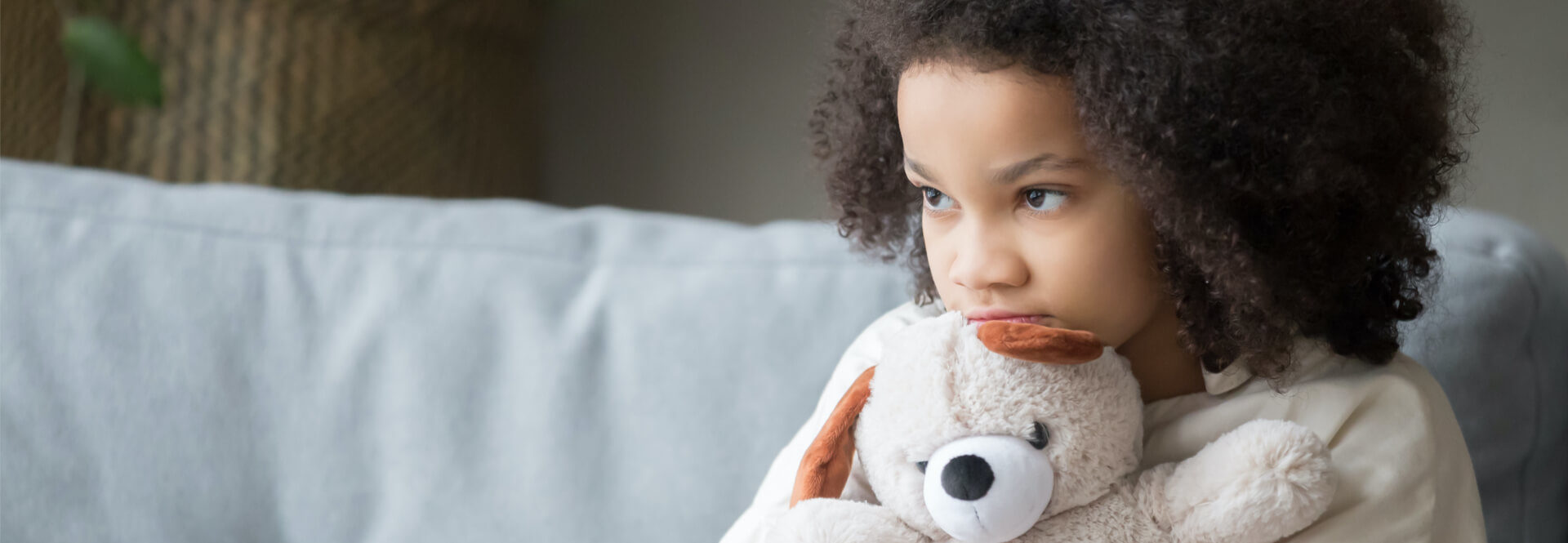
Telling Your Child About Their Adoption When You Don’t Feel Ready
You’ve been told you should talk to your child about their adoption. That you should bring up the word, tell them their story and help them accept how they became a member of your family.
You have even read articles about it, looked at children’s books to read with them and spoken with other adoptive parents. But, you are still hesitant to bring up the subject with your child stemming from thoughts of upsetting your child or making them feel different, coupled with the feeling they will reject you as their “real” parent.
When you decided to adopt, you considered your options, decided this was the route to parenting for you and were aware that there may be accommodations as the years progressed. You knew you were supposed to talk to your child and said you would. But you thought you would do it when they were older and could understand.
So, you waited. But now your child is a year old and starting to use words and you know the time is approaching. Guess what? The time was always right to start the talk.
The initial talking about adoption is actually for you, not your child. It is to get you accustomed to hearing and saying the word. Your infant child will not understand what you are saying but they will respond to the sound and tone of your voice. From the day your child is placed in your care, it is an excellent time to practice simple sentences like: “I am so happy I adopted you.”
Feeling anxious? Let’s look at why. Does the mention or reference of adoption bring back sadness over fertility issues? Does it raise lingering anger over your route to parenting? Does it somehow negate your being the parent of your child?It is important to identify what is causing you to resist verbalizing the reality of how you became a family.
With a very young toddler, you should be talking about how you found one another. You can frame the story in your journey to become a parent. Start with where you were born, and the birth location of a spouse or partner (or your parents and siblings). Then add where your child was born. Use a photo album with a map of where everyone was born. Add how they came to live where they live now. This is the initial story of how your child came to live with you, mirrored against how others became part of the family.
An older toddler or pre-school aged child will become aware of how babies come into this world. For adopted kids, the initial part of the story is the same—babies come from ladies bellies. Then there is a fork in the road. Some babies go home with those ladies and they become the mommies. Some of those babies go home with other ladies, who become their mommies. Some babies go home with a dad or daddies. This may again raise anxiety of how your child will take the news, if they will tell other people, what they will say and what should you say to others.
What if you have not told your child until now? First, your anxiety level is probably through the roof. Secondly, children who are told when older, frequently think there are other “secrets” you have not shared with them or there is something about them that is “bad.” Your tone and body language will reflect your feelings of sharing and talking about adoption. By not addressing your uncertainties, anxieties and fears prior to talking to your child, they will sense this. So, it is critical to cope with your feelings first.
This does not mean you will have all the answers. Adoption is new to you. Just like the adoption process had a rhythm and language all its own, so does talking about adoption with your child and others. You will need to know when to share and with whom and when it is appropriate not to.
Take time to rehearse how to talk to your child and others. Recognize what you are feeling and your concerns. There are many articles, books, and local adoption professionals available to help you. Through on-line and in-person support groups, you will hear how others told their children and how they coped with their fears and anxieties and questions from their children.
When parents start talking early on, they are more comfortable with the words, and prepared for reactions of others. When told from an early age, most children don’t even remember being told about their adoption—they just always knew.
Available 24/7 to Answer Your Adoption Questions


Search Adoption Network
Speak with a Specialist 1-800-367-2367